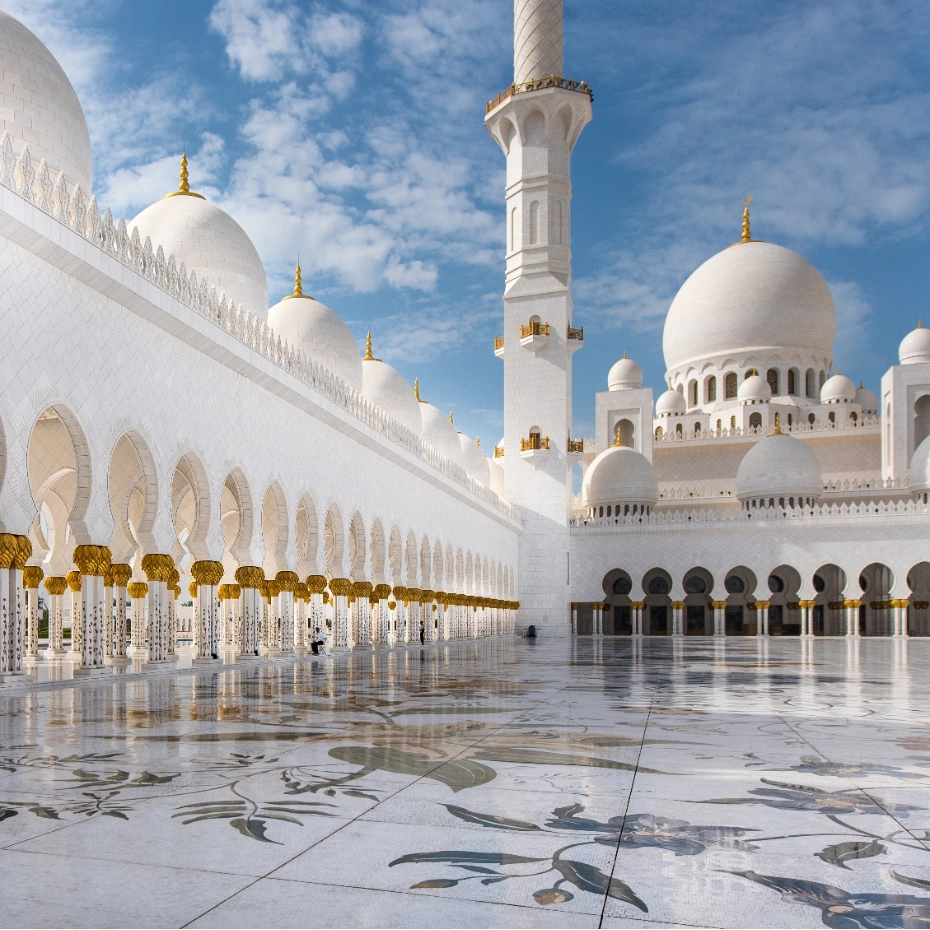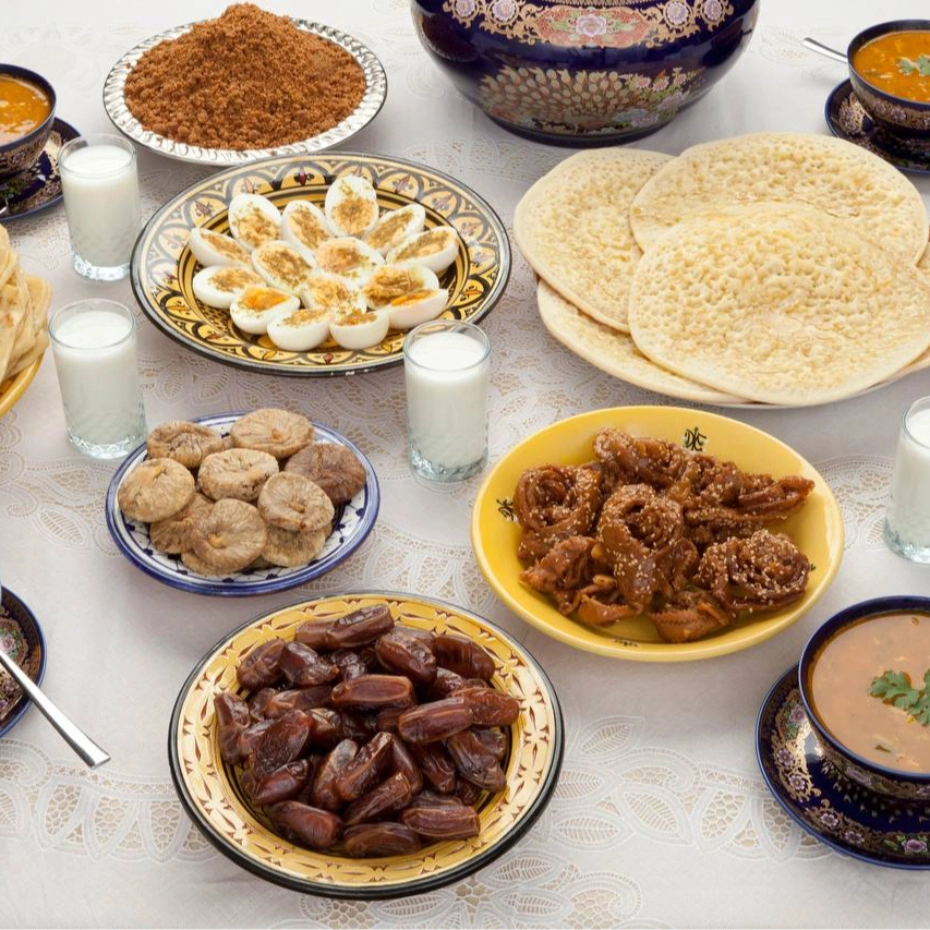Ramadan Etiquette: A Guide to Respectful Observance in Dubai
Dubai, a city known for its modern architecture and diverse offerings, undergoes a period of spiritual reflection and community during the holy month of Ramadan. Whether you are a resident or a visitor, understanding Ramadan etiquette is essential to demonstrate respect and appreciate the cultural significance of this time. This guide will provide insights into the customs and practices observed during Ramadan, allowing you to navigate this special period with sensitivity and awareness. Ramadan rules
The History of Ramadan and its Significance

Ramadan, the ninth month of the Islamic lunar calendar, holds deep meaning for Muslims globally. It commemorates the first revelation of the Quran to Prophet Muhammad (PBUH) and is considered a time of heightened spiritual devotion, introspection, and community building.
Origins and Revelation:
The history of Ramadan traces back to the 7th century CE when Prophet Muhammad (PBUH) received the initial verses of the Quran during the Night of Power (Laylat al-Qadr) in the month of Ramadan. This divine revelation marked the inception of Islam and continues to guide Muslims in their faith and daily lives.
Pillars of Islam:
Ramadan is one of the Five Pillars of Islam, which are the core tenets of the faith. These pillars include:
Shahada: Faith in the oneness of God and the prophethood of Muhammad (PBUH)
Salat: Performing the five daily prayers
Zakat: Giving alms to the poor and needy
Sawm: Fasting during Ramadan
Hajj: Pilgrimage to Mecca
Significance of Fasting:
Fasting during the holy month of Ramadan is more than simply abstaining from food and drink. It represents a deep spiritual journey that encompasses:
Self-discipline and self-control: Fasting cultivates self-restraint and strengthens willpower, allowing individuals to resist temptation and negative impulses.
Empathy and compassion: Experiencing hunger and thirst firsthand fosters empathy for those less fortunate and encourages acts of charity and generosity.
Spiritual growth and connection to God: Fasting allows Muslims to focus on their inner selves, deepen their connection to God, and seek forgiveness for past transgressions.
Community building: Ramadan brings communities together through shared experiences of fasting, prayer, and charitable activities, fostering a sense of unity and belonging.
By understanding the historical roots and significance of Ramadan, we can better appreciate the depth of this holy month and engage with its practices in a respectful and meaningful way.
Fasting: A Pillar of Faith and Discipline

Fasting during Ramadan is a central tenet of the holy month, representing a profound act of spiritual devotion, self-discipline, and empathy. It is a time for Muslims to turn inwards, focusing on their relationship with God and reflecting on their actions and intentions.
Purpose of Fasting:
Spiritual purification and heightened devotion: Fasting is viewed as a means of cleansing the soul and attaining closeness to God. By abstaining from worldly desires and focusing on prayer and recitation of the Quran, Muslims aim to develop a deeper connection with their faith and experience spiritual growth.
Self-discipline and self-control: The act of fasting requires immense willpower and self-restraint, teaching individuals to manage their desires, impulses, and negative habits. This practice of self-control extends beyond the physical act of fasting and helps cultivate a sense of personal responsibility and accountability in all aspects of life.
Empathy and compassion for the less fortunate: Fasting allows Muslims to experience hunger and thirst firsthand, fostering a profound sense of empathy and compassion for those who face poverty and food insecurity daily. This heightened awareness encourages acts of charity and generosity throughout Ramadan and beyond, promoting social responsibility and a commitment to helping those in need.
Gratitude and appreciation for blessings: Fasting cultivates a deep sense of gratitude for the blessings in one’s life, such as food, water, shelter, and good health. It allows individuals to reflect on the abundance they may often take for granted and appreciate the simple pleasures of life.
Unity and community building: The shared experience of fasting fosters a sense of unity and solidarity within the Muslim community. Breaking the fast together at Iftar, engaging in communal prayers, and participating in charitable activities strengthens social bonds and reinforces the values of compassion and mutual support.




Leave a Reply